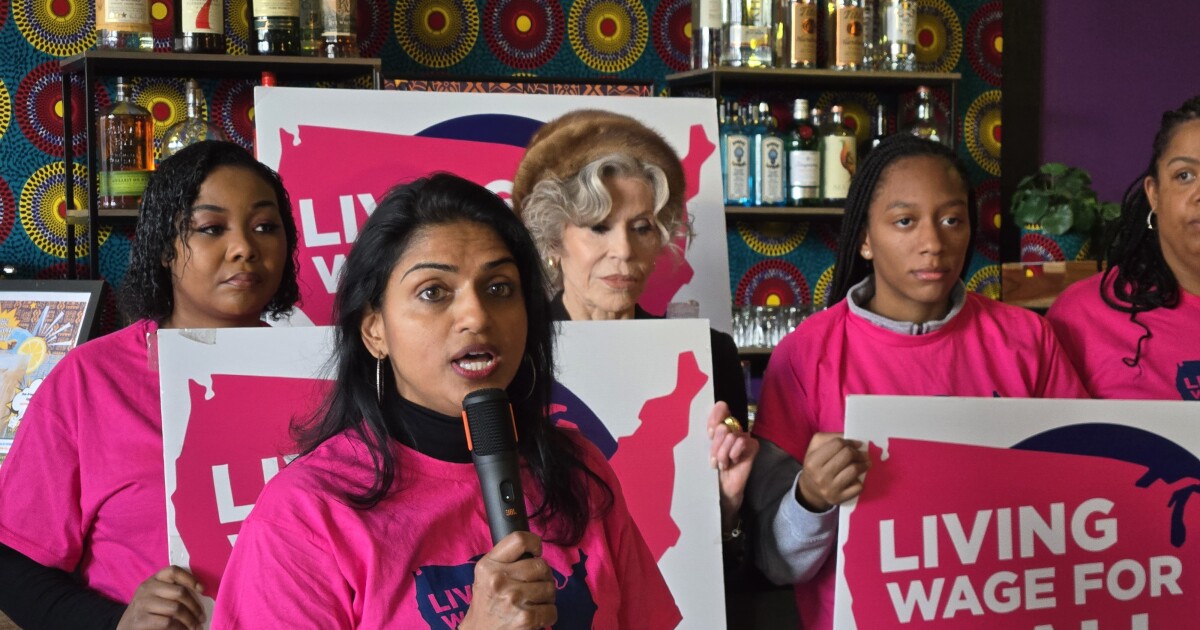Legal Battle Over Abortion Laws: Arizona’s Political Landscape and its Implications
In a significant legal confrontation, Arizona’s top Republican lawmakers are attempting to dismiss a lawsuit filed by doctors seeking to nullify certain abortion restrictions. Senate President Warren Petersen and House Speaker Steve Montenegro have directed their attorney, Justin Smith, to request Maricopa County Superior Court Judge Greg Como to reject the challenge to three abortion-related laws.
The dispute arises amid a backdrop where voters recently established a “fundamental right to abortion” through a constitutional amendment. Despite this, Smith argues that the contested provisions remain lawful. However, rather than addressing the laws’ validity directly, Smith claims the doctors lack the legal standing to sue, as they have not demonstrated an imminent threat of prosecution.
Smith highlighted that Governor Katie Hobbs’ 2023 executive order has empowered Attorney General Kris Mayes to prosecute abortion law violations. Mayes has pledged not to enforce these laws during her tenure. Consequently, Smith contends that without any prosecution, the court cannot assess the constitutionality or enforceability of these laws.
Judge Como expressed skepticism, questioning how doctors should proceed in this uncertain legal environment. “Are they supposed to violate the law so that they can find out whether it’s enforceable or not?” Como asked, pointing out the dilemma faced by medical professionals.
Additionally, Assistant Attorney General Hayleigh Crawford noted that Smith’s clients maintain the laws are constitutional and enforceable. She emphasized the seven-year statute of limitations, which could allow a future attorney general to prosecute doctors for current actions, a scenario she deemed plausible.
Among the contested laws is a 24-hour waiting period between a consultation and the abortion procedure, posing challenges for rural women who would need to travel twice. Another law prohibits telemedicine for abortions, impacting rural communities where access to in-person consultations is limited. Furthermore, performing an abortion based on fetal genetic abnormalities is currently illegal, a restriction that discourages open doctor-patient discussions.
The doctors and the Arizona Medical Association argue that these laws conflict with the language in Proposition 139, which they believe renders the statutes unenforceable. They are seeking a court ruling to confirm their position and protect doctors from future prosecution or disciplinary actions.
Smith, however, insists that the court cannot intervene until there is an actual legal case presented. He bases this on the current non-enforcement stance of state officials and questions the credibility of the threat of prosecution.
Opposing counsel Kristine Beaudoin argues that the potential for future enforcement makes the threat credible, especially with the possibility of a more aggressive attorney general taking office. “Forcing plaintiffs to wait until a more hostile attorney general is elected would cause substantial irreparable harm,” Beaudoin stated, emphasizing the need for immediate resolution.
Judge Como is expected to deliver a decision on this contentious matter within the next two to three weeks.
—
Read More Arizona News










